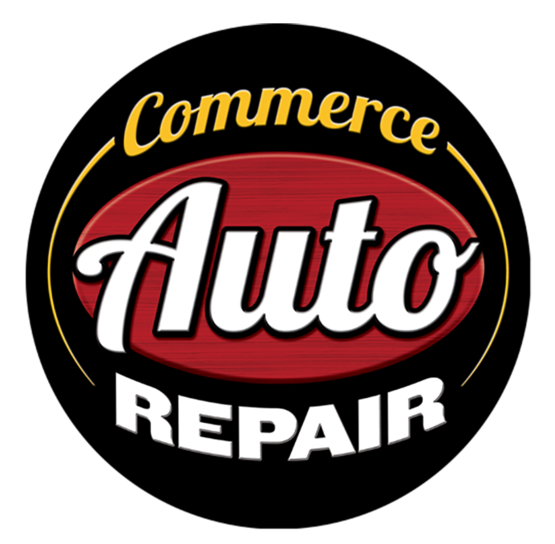When Metal Meets Metal (Wheel Bearings)
September 12, 2021
What part of your vehicle has little metal balls inside that are lubricated and allow you to cruise on down the road? They are wheel bearings, and automotive designers might argue they are human beings' second greatest invention of all time (the first is, of course, the wheel!).
You have a wheel bearing at each wheel. They allow your wheels to turn freely, minimizing friction that would ordinarily slow you down when metal meets metal. When one of your wheel bearings starts to go bad, it lets you know. A wheel bearing does its work quietly when it's in good health but starts getting noisy when it isn't. People describe the noise differently. Sometimes it sounds like road noise, a pulsating, rhythmic, sound. That pulse speeds up when your vehicle speeds up.
Here's what's happening when you hear that sound. As mentioned, the bearing has these little metal balls inside a ring. They have a lubricant inside to reduce friction between the balls; modern wheel bearings are sealed and they're intended to do their job without any maintenance.
Wheel bearings take a beating; you hit some rough potholes or go over some uneven railroad tracks. Sometimes water can get into a bearing and reduce the ability of the lubricant to do its job. Time starts to take its toll, too. When the lubricant isn't reducing friction like it should, the bearing can heat up. One of those little balls can start shedding pieces of metal and soon those shards start grinding up the other balls. Friction takes over and soon your wheel isn't turning smoothly. That's what's causing the sound. If a wheel bearing is not fixed, it could eventually seize up completely, and you can be stranded.
It's a lot easier if you heed the early warning signals, that pulsating noise. Now, sometimes a similar noise can be caused by a bad tire, but in either case, it's important to have it checked out. Our Commerce Auto Repair technicians will be able to tell you fairly quickly what the problem is and offer a solution.
Wheel bearings generally don't fail often and usually last from 85,000-100,000 miles/140,000km to 160,000km. But consider them a long-term maintenance item that, once fixed, will keep you heading smoothly to the next destination.
Commerce Auto Repair
9575 Commerce Rd.
Commerce, Michigan 48382
248.363.3749
Need Service?
More articles from Commerce Auto Repair

How Cool is That! (Coolant level sensor replacement)
May 12, 2024
Your vehicles engine runs hot. It should, since its a series of little explosions that create the power that gets you going where you want to go. To keep the engine cool, engineers have designed wonderful cooling systems that use liquid coolant, hoses, and a radiator to transfer the heat from t... More

Snake in the Engine (Serpentine Belt)
May 5, 2024
There's a belt that snakes through your engine. It's even named for a snake, the serpentine belt. It'll bite you when it breaks, possibly leaving you stranded. So, it's good to know a little about this snake-like belt. In early engines, there were lots of belts. They were used to convert the r... More

Winter Watch List (Winter Maintenance Items)
April 28, 2024
Don't love winter weather? Here's a list of four things you need to keep a watch on during the winter months. Let's start with coolant levels. Coolant is as important in cold weather as it is in hot weather. Think of the term "anti-freeze." Your coolant needs to be adjusted for climate and temp... More









